The
above advertising/sponsorship is provided by Angelfire.com and may not
represent my views.
|

: Curriculum Planning
|
Back to Today's Child
|
|
|
Emergent Curriculum:
expanding on children's activities, interests, and skills to enhance their learning, their creative thinking, their development, and their self-esteem.
Looking for ideas to set the stage for learning?
|
|
Ex. Bugs & Insects
setting the stage to initiate discussion, bring a bug into the classroom
- talk about finding it in the car or some place that is not a natural habitat for the creature
(We want to teach children to respect all creatures and to intervene in their lives as little as possible)
Guiding Observations ~ask the children to describe the bug; what they see; what they hear; what they think it is doing
~ record the description on a poster paper (language, science, observation skills)
Gathering Current Knowledge ask the children, "what else do you know about bugs" and record all the information on a poster paper (science, memory, language)
~ discuss putting the two poster papers together to form a book about bugs.
~ Put the book together in a manner than new pages can be added - or put extra pages into the book in case they find new information that they would like to add later.
~ Ask the children what the cover of the book should have on it.
~ Put the name of the class on the bottom, to inspire children to put their name on their own work.
~ Provide a bin of smaller papers, pencils so the children can make their own bug books
Discussing Habitats talk about where you found the bug and that it was not its natural habitat; talk about the word "habitat" (science)
~ what is a bird's habitat? What is a frog's habitat? What is a person's habitat?
~ Add another page to the bug book to record this information
Researching More Information Ask "what do we want to find out about bugs?"
~ Ask them where they can find their answers (record)
~ Examples: library, parents, community members, previous guest speakers,
~ Create a plan to follow through with research ideas
~ Examples: fieldtrips; letters to parents/community etc; phone calls to "experts"
Practicing Respect ~ return the bug to the outdoors/natural habitat and talk about why this is important as well as why we should just look at bugs with our eyes and leave them in their habitat (teach respect, equality with all things)
|
|
Resources for Inspiration, Learning, and Skill Development
- block centre:
~ using painter's tape, stick 2-3 pictures of bugs (hand-drawn/photos) onto random block pieces
~set an indoor tree in a corner to inspire images of outdoor habitats
- Dramatic Play Area ~add bug nets, binoculars, rubber boots, safari hats
~ provide clipboards and attached pencils for documenting
~ add handmade antennae hat (inspire children to create own bug hats)
- Quiet Area ~terrarium with plants to simulate bug habitat
~ coffee table books: insects/bugs
~ bug books for reading
~ bug-shaped pillows and bug-design blankets
~ rug under coffee table (snug as a bug in a rug)
- Sensory Bin exploratory terrarium / bug habitat
~ dirt, tiny potted plants, leaves, branches
- Cognitive / Science Resources large plastic bugs
~ small bugs for sorting
~ bin of magnifying glasses
~ bug houses - colour coded to match the sorting bugs
- Creative Resources bins of papers that can be made into books
~ bin of pencils, markers, crayons
~ book-binding device/resources (to copy poster book being made)
~ pipe cleaners
~ googly eyes
~ toilet paper rolls (they make great binoculars)
~ science magazines and photo books with pictures of bugs
~ clear plastic containers - good for terrariums
~ bin of leaves - green, dried, cloth, paper, etc
~ clay (for bug creations that can go home)
Set the stage and let the playing begin.
Participate in activities by asking questions, guiding creative thinking, brainstorming, problem-solving, etc.
Intermix building, dramatic play, science, math, literacy, (and so on) in order to enhance learning and skill development.
|
|
|
Back to Today's Child
|
Back
to Photography Page
|
|
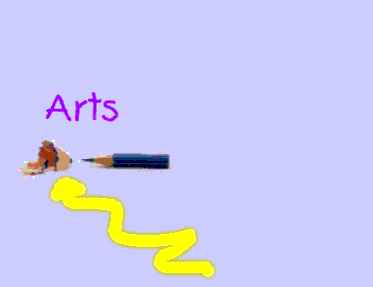
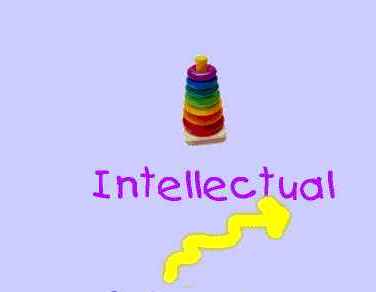
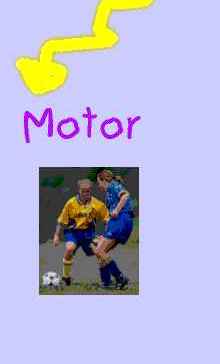
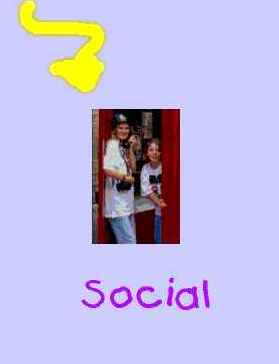
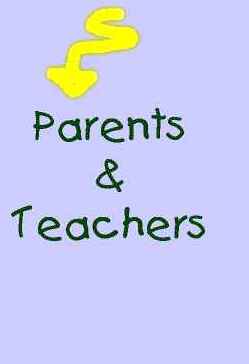

Any more ideas?? Please share them!
Email: msdebbiep@yahoo.com
copyright 1999:Debbie Roswell
|